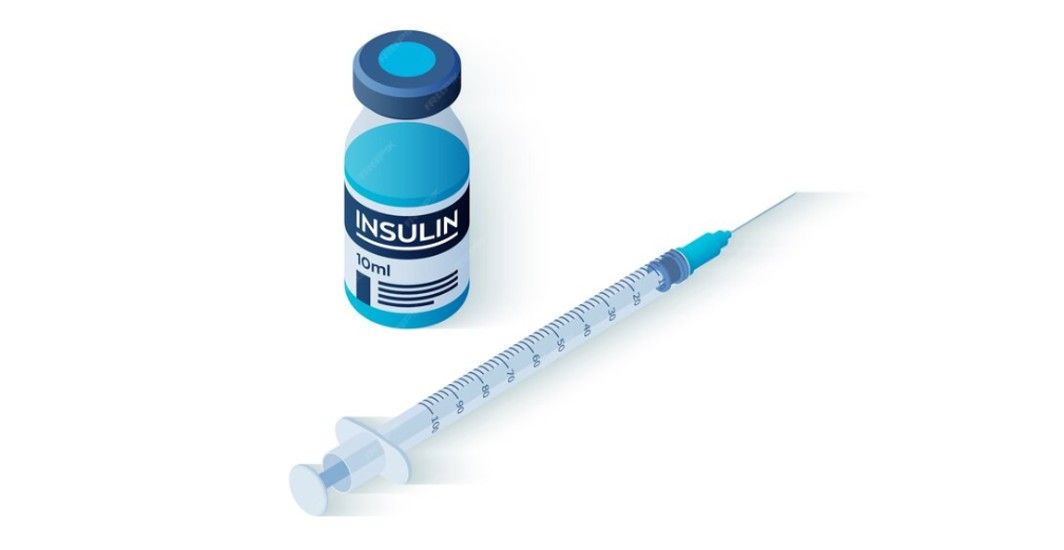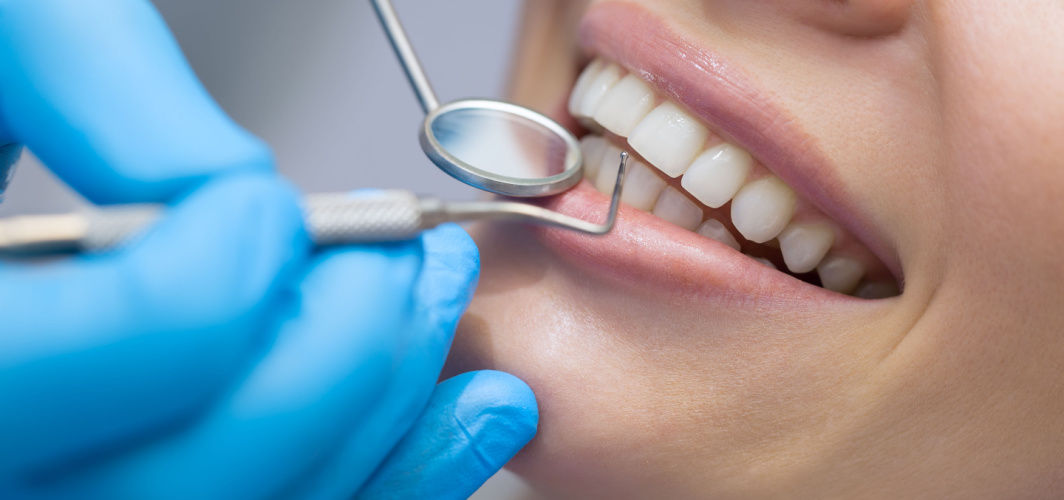Diabetes Management
Best Urological Health Tips for Diabetics
2 min read
By Apollo 24|7, Published on - 05 September 2024
Share this article
0
0 like
.jpg?tr=q-80)
Diabetes is a lifelong journey that calls for constant monitoring and management. As part of this journey, maintaining urological health is critical because diabetes can increase the risk of complications affecting the urinary tract and sexual health. By adhering to certain practices, you can successfully manage your urological health and live a robust life with diabetes.
Cultivate Regular Medical Check-ups
Taking an active role in managing your health is crucial. Regular visits to the urologist, alongside routine doctor appointments, ensure any urinary symptoms or potential problems are promptly addressed. Additionally, regular monitoring of kidney function, including eGFR and urine ACR ratio, is essential for detecting early signs of diabetic nephropathy. Maintaining strict blood pressure control is also vital to prevent further kidney damage. Regular check-ups foster a proactive approach to managing both your diabetes and urological health.
Maintain Blood Sugar Control
Keeping your blood sugar levels within a safe range is fundamental in managing diabetes. High blood sugar levels can injure nerves and blood vessels, leading to conditions like bladder dysfunction and increased susceptibility to urinary tract infections (UTIs).
Adopt Lifestyle Modifications
A balanced diet that's low in sugar and refined carbohydrates, rich in fruits, vegetables, whole grains, and lean proteins will help regulate your blood sugar levels. Hydrating adequately is crucial too as it dilutes urine and minimises the risk of UTIs. Regular physical activity can improve insulin sensitivity, a boon for managing diabetes and preventing urological complications.
Adopt Preventive Measures for UTIs
Simple hygiene practices like wiping from front to back and urinating after sexual intercourse are effective in warding off UTIs. Incorporating probiotics into your routine can help maintain a healthy urinary tract flora.
Address Bladder Dysfunction Promptly
Frequent urination, urgency, urinary retention, and involuntary leakage of urine are signs of bladder dysfunction. Early intervention can prevent these from escalating into more serious concerns. Timed voiding or double voiding can help prevent urinary retention, while pelvic floor exercises are beneficial for both men and women in strengthening bladder muscles and preventing incontinence.
Manage Sexual Health Openly
Open communication about sexual dysfunction with your doctor is essential since diabetes can lead to issues such as erectile dysfunction in men and vaginal dryness in women. Fortunately, many treatments are available to address these concerns.
Through the adoption of these strategies, you can enhance your urological health and overall quality of life. Further, consider enrolling in the Apollo Super 6 programme—which excels at assisting individuals in managing their type 2 diabetes—for a comprehensive and personalised approach towards your diabetes journey.
Diabetes Management
Consult Top Diabetologists
View AllLeave Comment
Recommended for you
.jpg?tr=q-80)
Diabetes Management
How to maintain and manage carbohydrate intake if you are diabetic?
Living with diabetes doesn't mean you can't enjoy your favourite meals. It's all about balancing what you eat. This blog will guide you on how to manage your carbohydrate intake, emphasising the importance of understanding carbohydrates and their types - simple and complex. We'll also discuss how portion control and incorporating healthy carbohydrate sources into your diet can help manage your blood sugar effectively. Read on to equip yourself with knowledge for a healthier, more balanced life. Let's tackle diabetes together!

Diabetes Management
What Influences Insulin Action?
Insulin plays a major role in managing diabetes by regulating blood sugar levels. However, its effectiveness may be influenced by various factors, including insulin sensitivity and resistance, injection technique and site, blood flow and temperature, levels of physical activity, hormone levels, and the specific properties of the insulin being used.

Diabetes Management
Can Diabetes Impact Dental Health?
Diabetes affects dental health, fostering gum disease, tooth decay, and dry mouth due to elevated blood sugar levels. Managing it entails consistent blood sugar control and proper oral hygiene. Regular dental checkups and early intervention are vital. Preventive measures like glycemic control and stress management help protect oral health effectively.
Subscribe
Sign up for our free Health Library Daily Newsletter
Get doctor-approved health tips, news, and more.
Visual Stories

8 Fruits That are Incredibly Healthy for Diabetes
Tap to continue exploring
Recommended for you
.jpg?tr=q-80)
Diabetes Management
How to maintain and manage carbohydrate intake if you are diabetic?
Living with diabetes doesn't mean you can't enjoy your favourite meals. It's all about balancing what you eat. This blog will guide you on how to manage your carbohydrate intake, emphasising the importance of understanding carbohydrates and their types - simple and complex. We'll also discuss how portion control and incorporating healthy carbohydrate sources into your diet can help manage your blood sugar effectively. Read on to equip yourself with knowledge for a healthier, more balanced life. Let's tackle diabetes together!

Diabetes Management
What Influences Insulin Action?
Insulin plays a major role in managing diabetes by regulating blood sugar levels. However, its effectiveness may be influenced by various factors, including insulin sensitivity and resistance, injection technique and site, blood flow and temperature, levels of physical activity, hormone levels, and the specific properties of the insulin being used.

Diabetes Management
Can Diabetes Impact Dental Health?
Diabetes affects dental health, fostering gum disease, tooth decay, and dry mouth due to elevated blood sugar levels. Managing it entails consistent blood sugar control and proper oral hygiene. Regular dental checkups and early intervention are vital. Preventive measures like glycemic control and stress management help protect oral health effectively.

